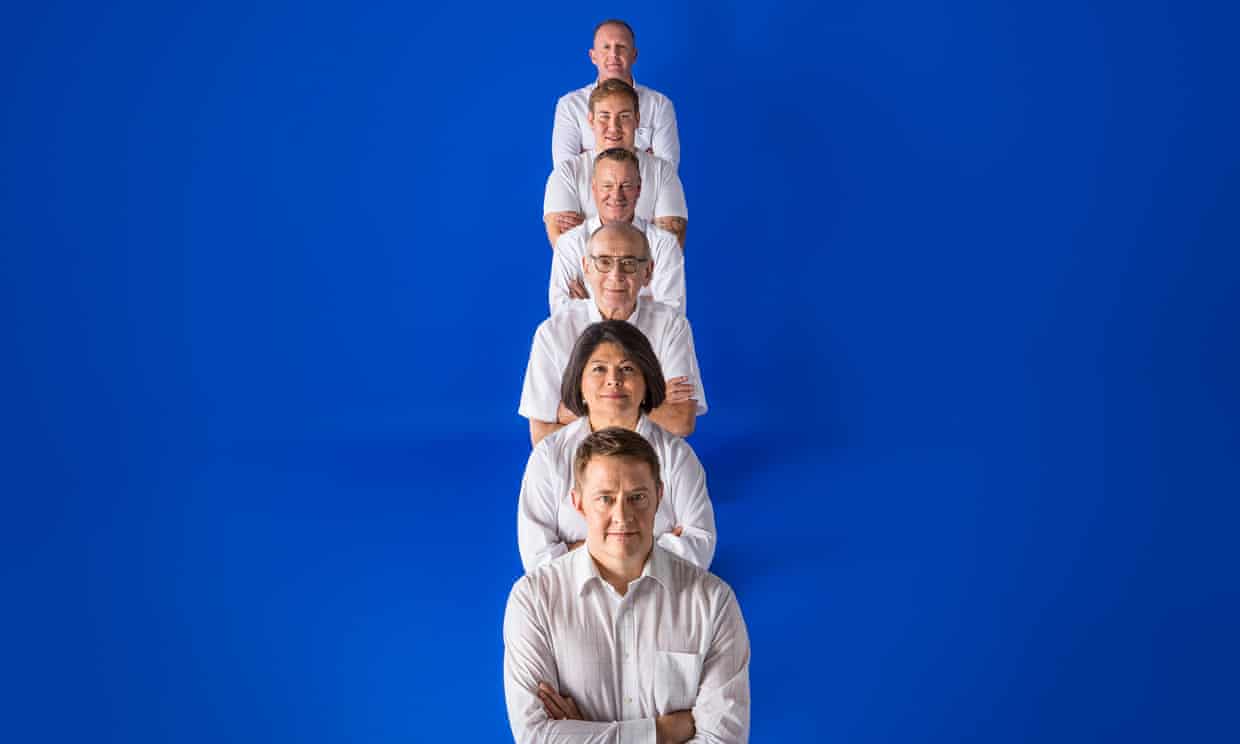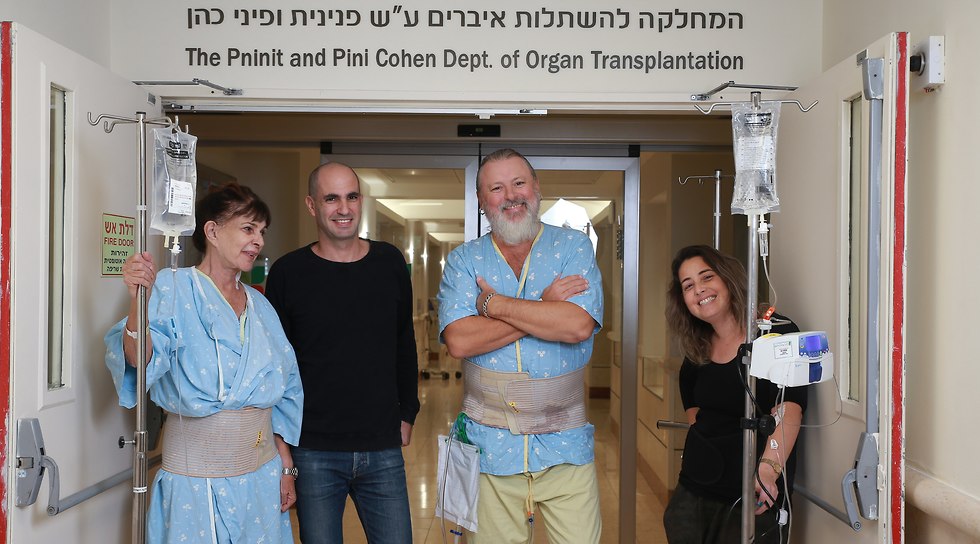Here's a recent study that suggests that criminalizing the clients of prostitutes results in the client population becoming more risky.
Quashing demand or changing clients? Evidence of criminalisation of sex work in the UK, by Marina Della Giusta, Maria Laura Di Tommaso, Sarah Jewell, and Francesca Bettio, July 2021
Abstract: The use of regulation of sex work is undergoing sweeping changes across Europe and client criminalisation is becoming very widespread, with conflicting claims about the intended and actual consequences of this policy. We discuss changes in demand for paid sex accompanying the criminalization of prostitution in the United Kingdom, which moved from a relatively permissive regime under the Wolfenden Report of 1960, to a much harder line of aiming to crack down on prostitution with the Prostitution (Public Places) Scotland Act 2007 and the Policing and Crime Act of 2009 in England and Wales. We make use of two waves of the British National Survey of Sexual Attitudes and Lifestyles (NATSAL2, conducted in 2000-2001 and NATSAL3, conducted in 2010-2012) to document the changes in both the amount of demand for paid sex and in the type of clients that have taken place across the two waves, and their possible implications for policies that frame prostitution as a form of crime.
"The language of ‘prostitute’ and ‘prostitution’ is typically aligned with abolitionist perspectives that see the sale of sex as entailing women’s exploitation and objectification, both by those who manage and create the opportunity for the sexual transaction as well as by those clients who make the purchase and maintain the demand. The language of ‘sex workers’ and ‘sex work’ has typically been preferred by those who emphasize women’s agency in entering into commercial sex transactions (albeit under conditions of constraint) and who call for the regulation of the sale of sex as akin to the sale of non-sexual labor or services. We deliberately use the two terms interchangeably in our work...
...
"Germany, the Netherlands and Greece have moved towards acknowledging prostitution as a regular job on one side, and Sweden, Norway, Finland, France and Ireland have hardened their stance instead aiming to eradicate prostitution as a form of violence on the other side. In the first group of countries, the consideration of sex work as legitimate labor has led to shifting bans on outdoor and indoor prostitution subject to compliance with regulations (Netherlands since 2000, Germany since 2002). Sex workers are entitled to a number of employment related protections under the law and local authorities required to ensure that brothels are suitably licensed and operating in accordance with relevant health and safety requirements. The abolitionist model, conversely, seeks to prohibit prostitution, facilitate exit and punish clients and has applied in varying degrees in the United States and, more recently, Sweden, Norway and Finland. In Sweden it is an offence, punishable by a fine or imprisonment for up to six months, to obtain a casual sexual relationship for payment. Both outdoor and indoor prostitution are prohibited, although only the clients will be criminalized.
...
"The evidence we bring indicates that the increased stigmatization of prostitution that has taken place in the UK over the period 2000-2012, during which prostitution was progressively criminalized, does not support the expectations of a significant reduction in demand as the policy intended and corresponds to a change in the type of clients that are observed through successive waves of the British National Survey of Sexual Attitudes and Lifestyles (NATSAL henceforth). We conclude that this provides further support for the idea that demand for sexual services might be inelastic to both the market price and the implicit price of stigma, whereby criminalization is not likely to be conducive to decreases in demand as is hoped for. Rather, it might jeopardize the working conditions and safety of existing prostitutes thus raising the welfare cost of abolitionism.









